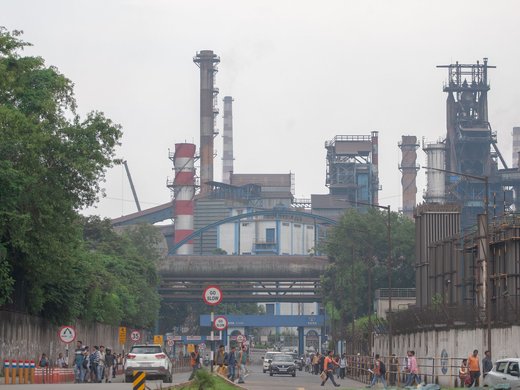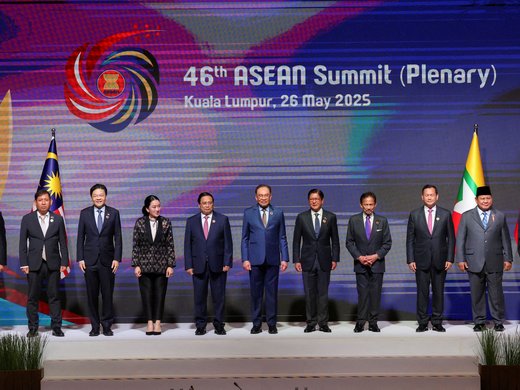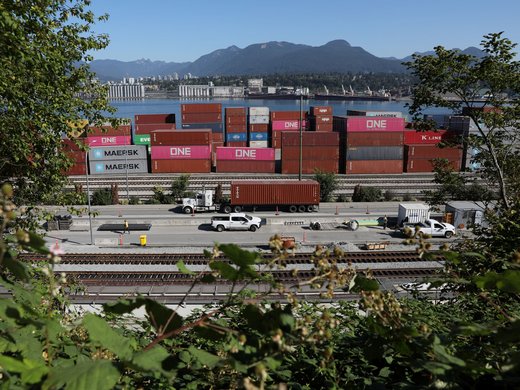International trade law and international investment law share the common objective of removing unnecessary barriers and liberalizing the conditions governing international trade. This paper considers the elements of commonality between the two legal regimes and asks whether this convergence of objectives should lead to convergence of dispute settlement procedures under the World Trade Organization’s (WTO’s) Dispute Settlement Understanding and investor-state arbitration under bilateral investment agreements. International investment law has been much criticized as an undue restraint upon the regulatory sovereignty of states, although paradoxically, under the law of the WTO, the sanction upon the losing state of having to withdraw an offending measure weighs more heavily upon states than the duty to make financial compensation. In light of these different remedies, as far as the regulatory powers of states is an issue, it does not appear appropriate to advocate the unification of the two bodies of law at this time. However, they will no doubt continue to interact very closely in the future.


